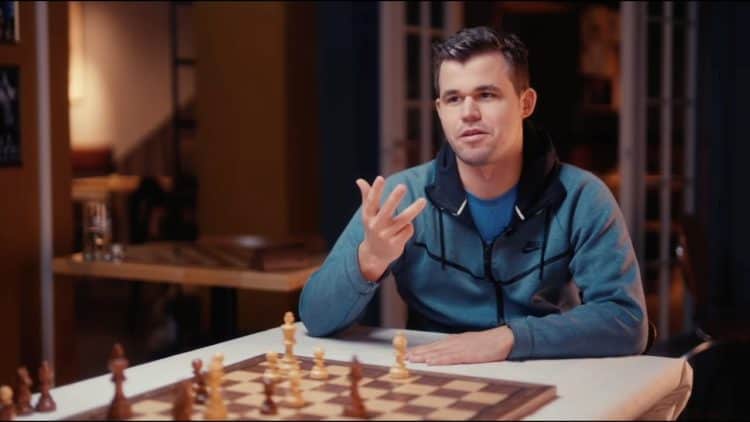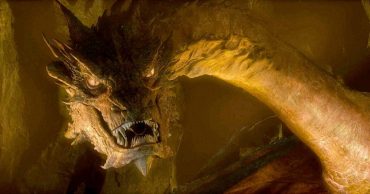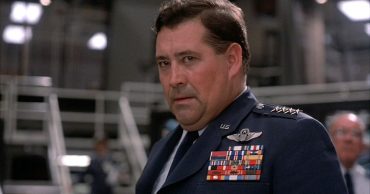
How much do you really know about chess? Some of us might know how to play the game, meaning we know how each piece moves, the fact that it is a game of strategy, and even memory, but when it comes to moving one space to another and calling out which square a piece begins and then lands on, and realizing that a piece has been taken off the board or a certain move has been set up, quite a few people are hopelessly lost. Chess isn’t a complicated game in terms of being able to figure out the dynamics of the board, but getting deeper into the strategies, the different styles of play, and the overwhelming amount of intellect that some of the players possess, is just staggering at times. It’s even more impressive when world chess champion Magnus Carlsen is quizzed by chess Grandmaster David Howell on which game is which by moving the pieces around the board to jog Magnus’ memory. Let’s be fair here, some sports fans can remember certain games down to the date, the players, the singular moments that made a game great, the weather, and even the attendance of certain games, so it’s not too hard to think that a world champion would be able to recall certain games from memory, especially if they carried any significance. Seriously, I couldn’t tell you the second play of the Superbowl in 2013, though I definitely remember the first. But the type of memory this takes is insane since it requires a person to be so attuned to the game that it borders on obsession. Being able to play the game as well as Magnus and David do is impressive enough, but being able to remember some of the more important games in history is even more so since it means that their minds are steel traps that don’t forget anything.
Some folks have the type of memory that doesn’t lose anything and can pick up every fine detail imaginable. It’s fair to say that Magnus might not remember much other than the game, but even thinking that he can remember the game and who was playing based on how the pieces are arranged on the board is enough to stun a lot of people. Think of it, those of us that might play chess every once in a blue moon can’t remember much more than how we enjoy playing, which pieces we’re likely to move first, and that’s about it. But some folks will have entire strategies mapped out in their minds and will be four to five steps ahead of their opponent before the game even begins. It’s a little intimidating to hear someone say that they’ll beat you in so many moves since it means that they can already see the game playing out on the board before a person even moves a single piece. That’s when throwing a monkey wrench into the plan is kind of fun since that look of ‘Why did you do that?’ usually means that it’s still possible to throw someone a curveball to gain a bit of time to devise another plan. One problem with chess is that there are only so many ways to move and only so many squares that can be accessed at a time by each piece. In other words, one can run out of real estate to work with rather quickly if they’re not able to anticipate and possibly outmaneuver their opponent. But one has to think that as great as his memory is, Magnus and David might be working off of phenomenal games that were highly important to the game of chess, meaning that there are undoubtedly ways to stump both players, but it might require being entirely too reckless and attempting to tighten up at a crucial moment, which is a dangerous and sometimes foolish way to play.
I’m not a chess player, nor do I profess to be a tactician. When it comes to laying things out and planning anything I’m more akin to Deadpool and might jot a few things down in crayon and just take the shot and hope for the best. But the recognition of what chess is about and how the competition is just as fierce here as it is in any other contest is sometimes enough to respect the process and the fact that many people take this game very seriously. Many upon many things in life have been likened to a chess match, and it fits, to be honest. Chess is a game of order and discipline, which is why a chaos-minded individual like myself might not always fare that well. Trying to be predictable in a game that’s built upon predictability and habit is kind of difficult, but it’s still fun. But trying to remember one game from another as Magnus can, that takes a level of mental discipline that’s hard to beat.
 Follow Us
Follow Us





